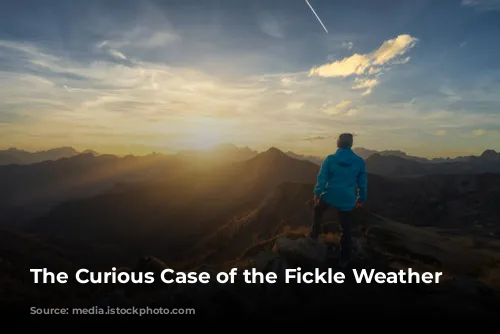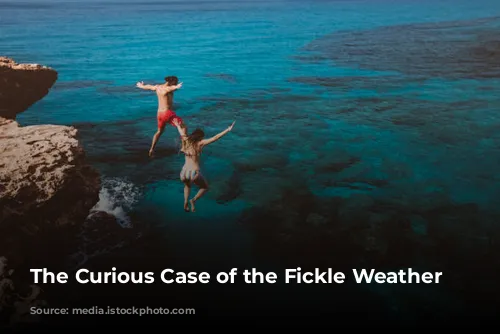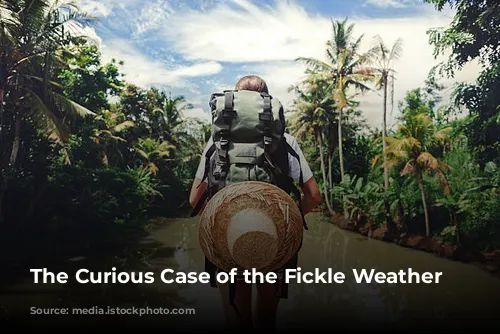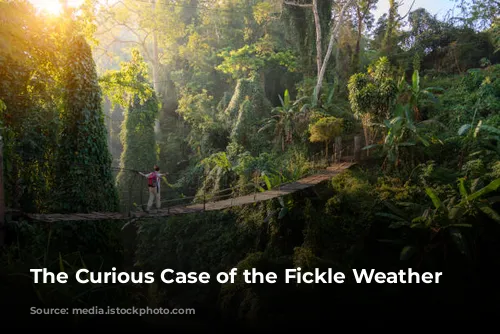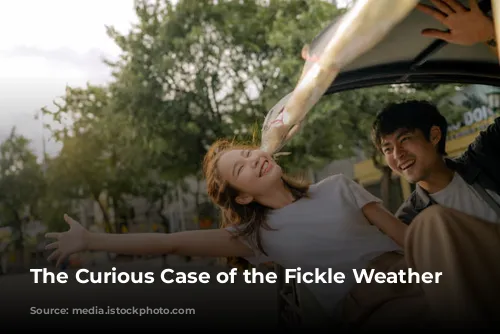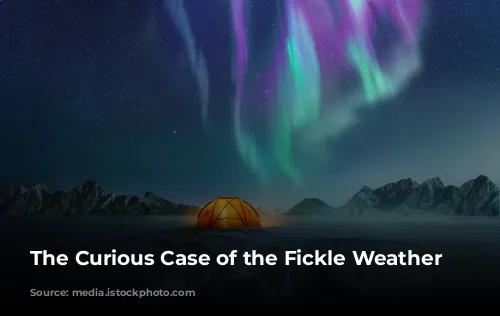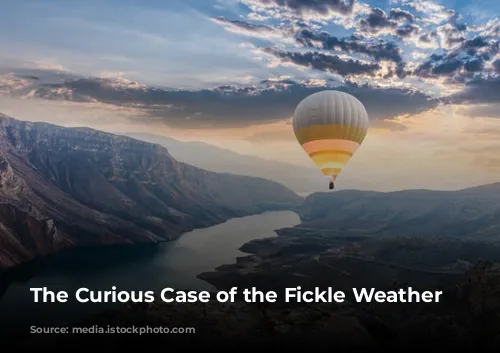Have you ever heard the saying, “If you don’t like the weather, just wait a minute?” It seems like a universal truth about the unpredictable nature of Mother Nature, but did you know its origin is shrouded in mystery?
Two iconic humorists, Mark Twain and Will Rogers, have both been credited with this witty observation about weather. But did either of them actually say it?
Let’s dive into the fascinating history of this saying and uncover the truth!

Tracking Down the Source: A Journey Through Time
The earliest known appearance of this quote was in a 1909 article in “Field and Stream” magazine. The article mentioned that the saying was circulating in Chicago, but the original speaker remained a mystery.
Since then, the saying has been attributed to both Twain and Rogers. However, researchers haven’t found any evidence of this quote in either of their writings or speeches. The first time Twain was linked to it was in 1920, a decade after his death. Similarly, the first time Rogers was associated with the saying was in 1940, five years after his passing.
Based on the available evidence, it seems safe to say that the originator of this weather-wise quote remains anonymous.
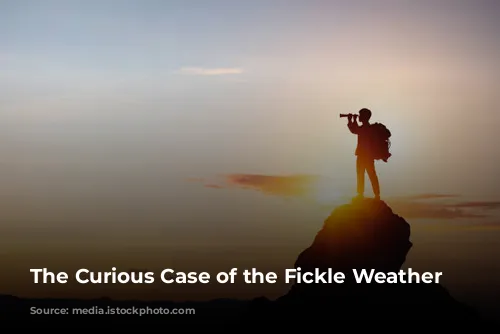
Twain’s Take on New England Weather
While Mark Twain didn’t say “If you don’t like the weather, just wait a minute,” he did comment on the volatile nature of New England weather during a dinner speech in 1876. He described it as a “sumptuous variety,” constantly changing and full of surprises.
Twain even claimed to have counted 136 different types of weather in a single 24-hour period! His speech highlights his fascination with the unpredictable weather patterns of the region.
This keen observation about the changing nature of weather might have inspired someone to create the “wait a minute” saying, leading to its eventual misattribution to Twain.
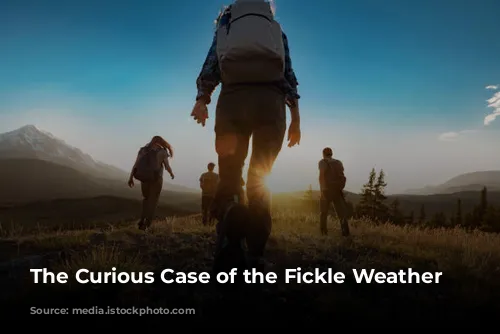
The Spread of a Witty Saying
Throughout the early 20th century, the quote about waiting for the weather to change popped up in various publications. It appeared in newspapers, magazines, and even books, but without a definite attribution.
It was often used to describe the ever-changing weather in different regions, like the St. Lawrence region in New York, Nebraska, Kansas, and even Cleveland.
The saying’s popularity grew over time, leading to its association with both Twain and Rogers. However, the evidence points to the fact that the saying originated anonymously and became a part of our collective wisdom about the unpredictable nature of weather.
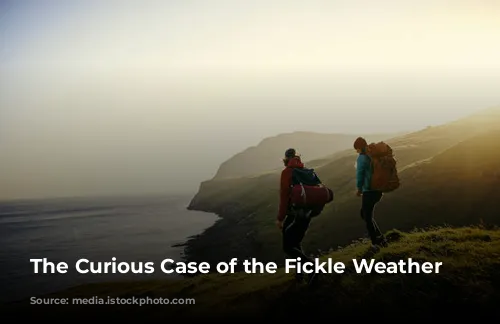
Conclusion
The saying “If you don’t like the weather, just wait a minute” is a humorous and accurate observation about the ever-changing nature of weather. While it’s been linked to both Mark Twain and Will Rogers, there’s no conclusive evidence to support these attributions. The true author of this witty quip remains anonymous, making it a testament to the power of shared wisdom and the ability of a saying to transcend its origin and become a part of our cultural landscape.

